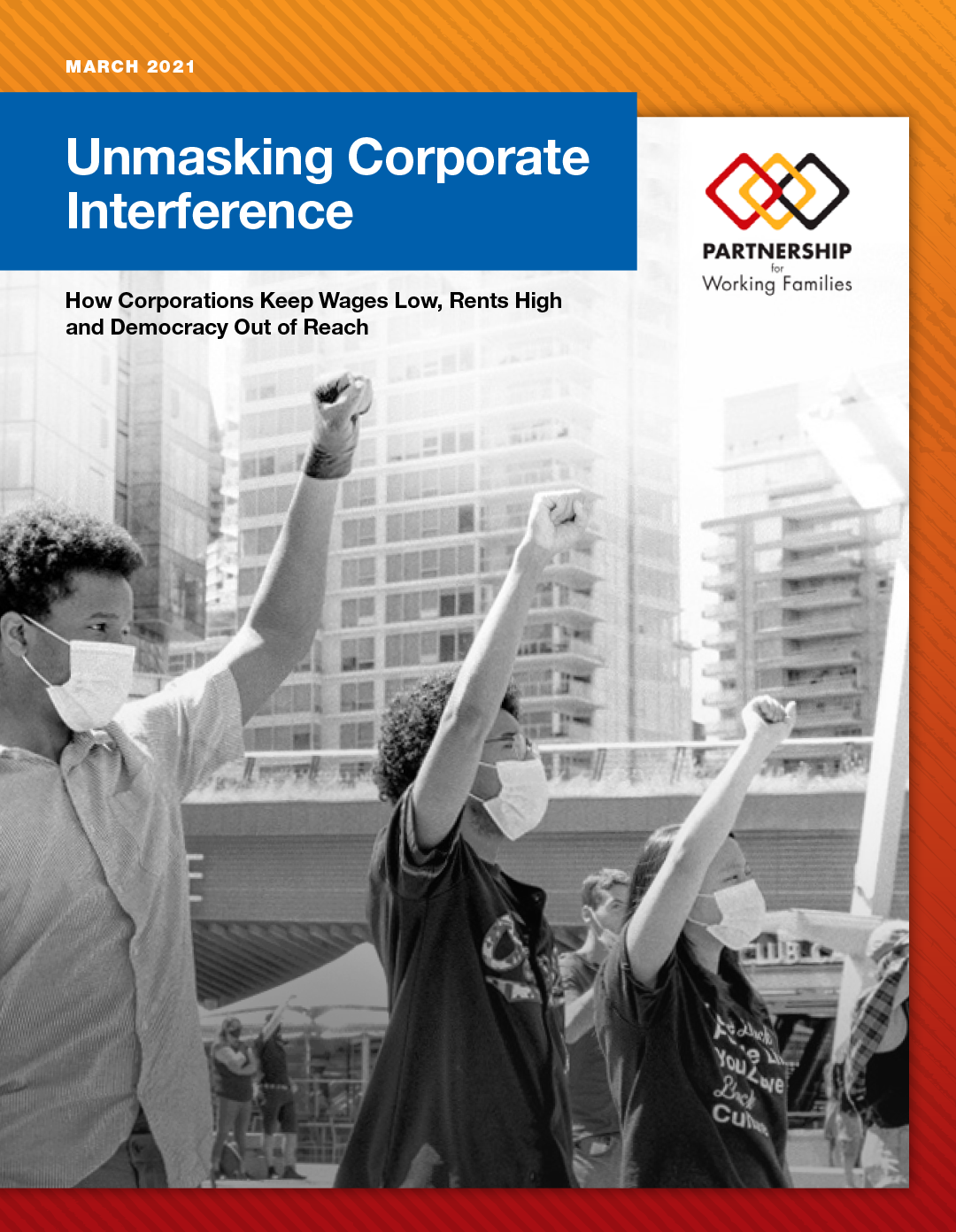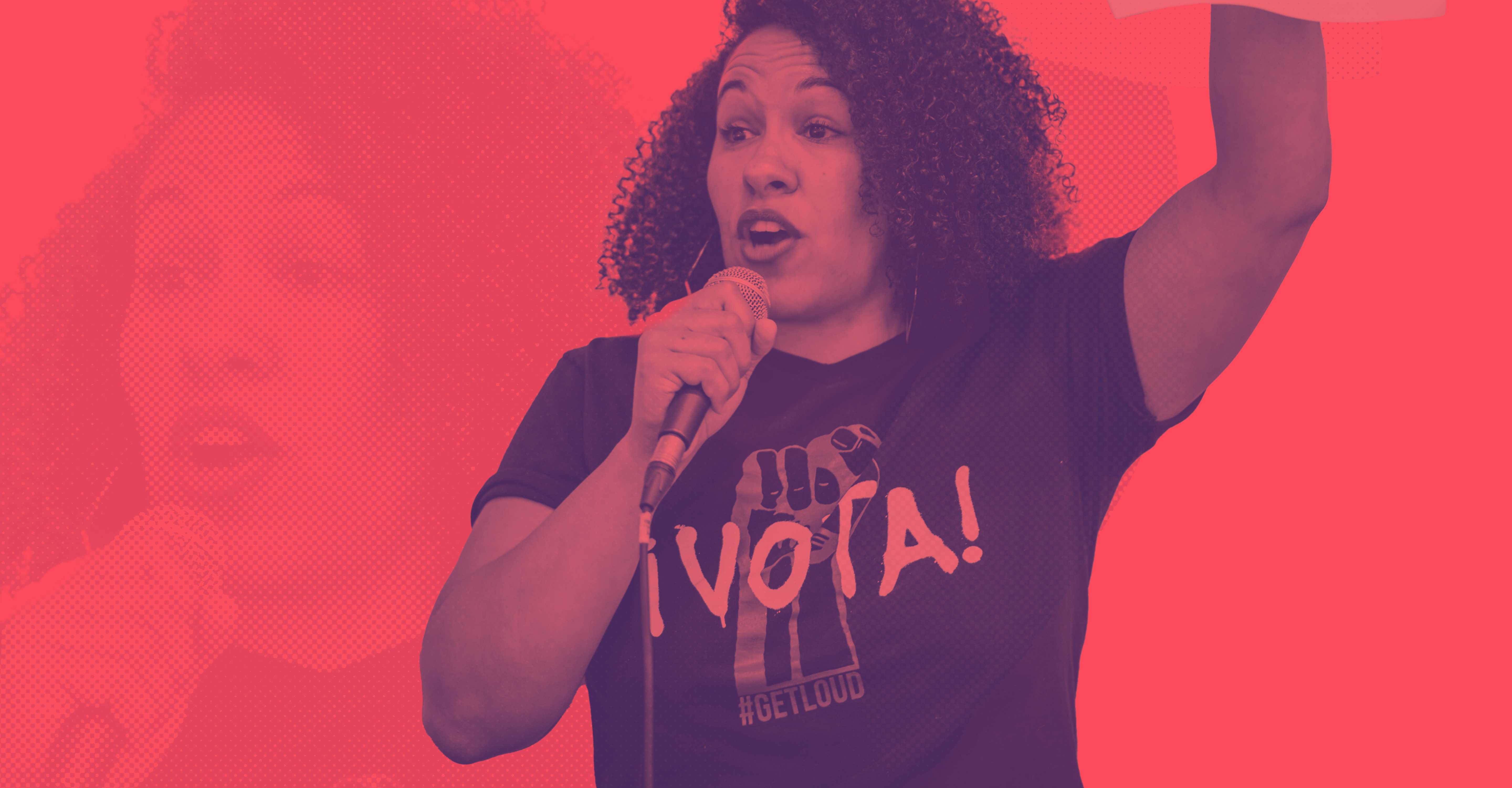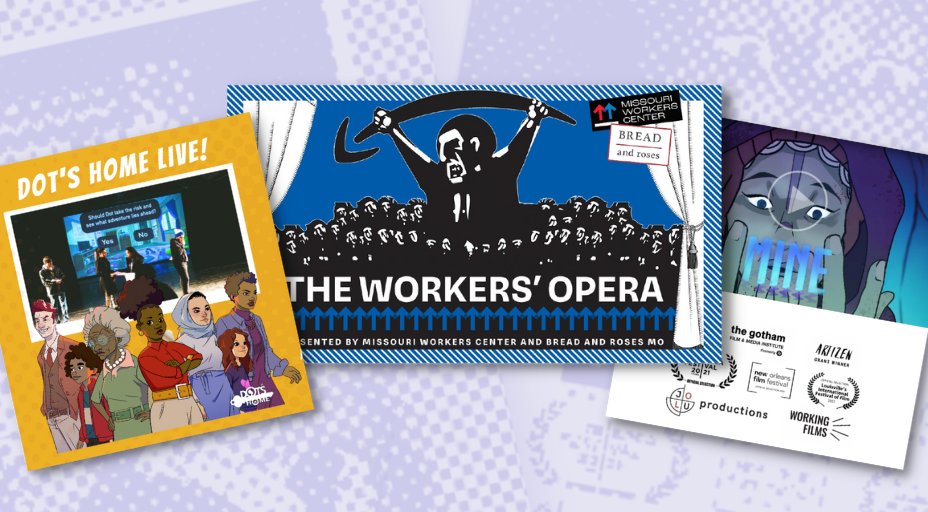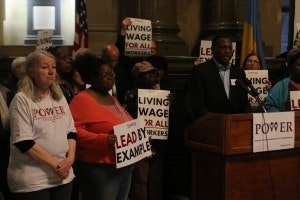In cities across the country, people come together everyday to realize a shared vision of thriving communities for themselves and their neighbors. Yet hundreds of thousands of working people have earnings that don’t come close to covering their most basic costs.
Their rents are far too high and their wages are far too low. Women and people of color are overrepresented among these working people. They have organized and fought for the things that would help fix the problem: reasonable limits on rent increases; modest raises in the minimum wage; the ability to take a couple of days off work without penalty when they or their family members are sick. Sometimes they have won. But far too often, their victories and power have been stolen from them in the backrooms of state legislatures and governors’ offices. They live in a system that protects high rents and low wages.
Twenty-seven states both fail to limit the rent private landlords may charge and prohibit their cities from having such limits. Sixteen states both have no minimum wage (or have a minimum wage that is at or below the federal minimum) and prohibit their cities from setting minimum wages.
Why? Over the last several decades, major American corporations and their allies have marched forward a strategy to eliminate government regulation and democratic checks on corporate power. One critical piece of this strategy is capturing the levers of power in states to both remove state-level regulation and prohibit or curb local policymaking. (This latter tactic is often called “state preemption” and can also be used to help people; we call the harmful version “state interference.”) Because progressive organizing and power is concentrated at the local level, especially in major cities, and because nearly every state has the power to preempt, this corporate strategy of state interference makes tactical sense. In the wake of the Supreme Court’s ruling in Citizens United a decade ago, moreover, corporations have even greater ability to use their outsized financial advantage to shape politics and policy. We have come to understand this strategy both through the research of others into corporate and ideological associations like ALEC and the modern libertarian project and through our own careful tracking of corporate-serving state laws that deregulate whole industries and rob people of their ability to use the local democracy to rein in corporate-driven excess and harm.





